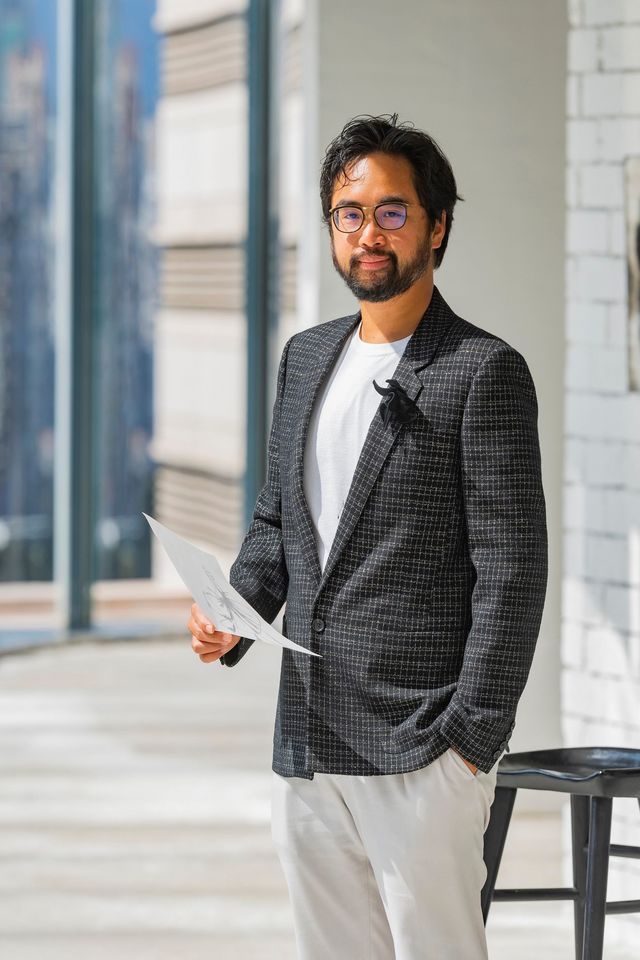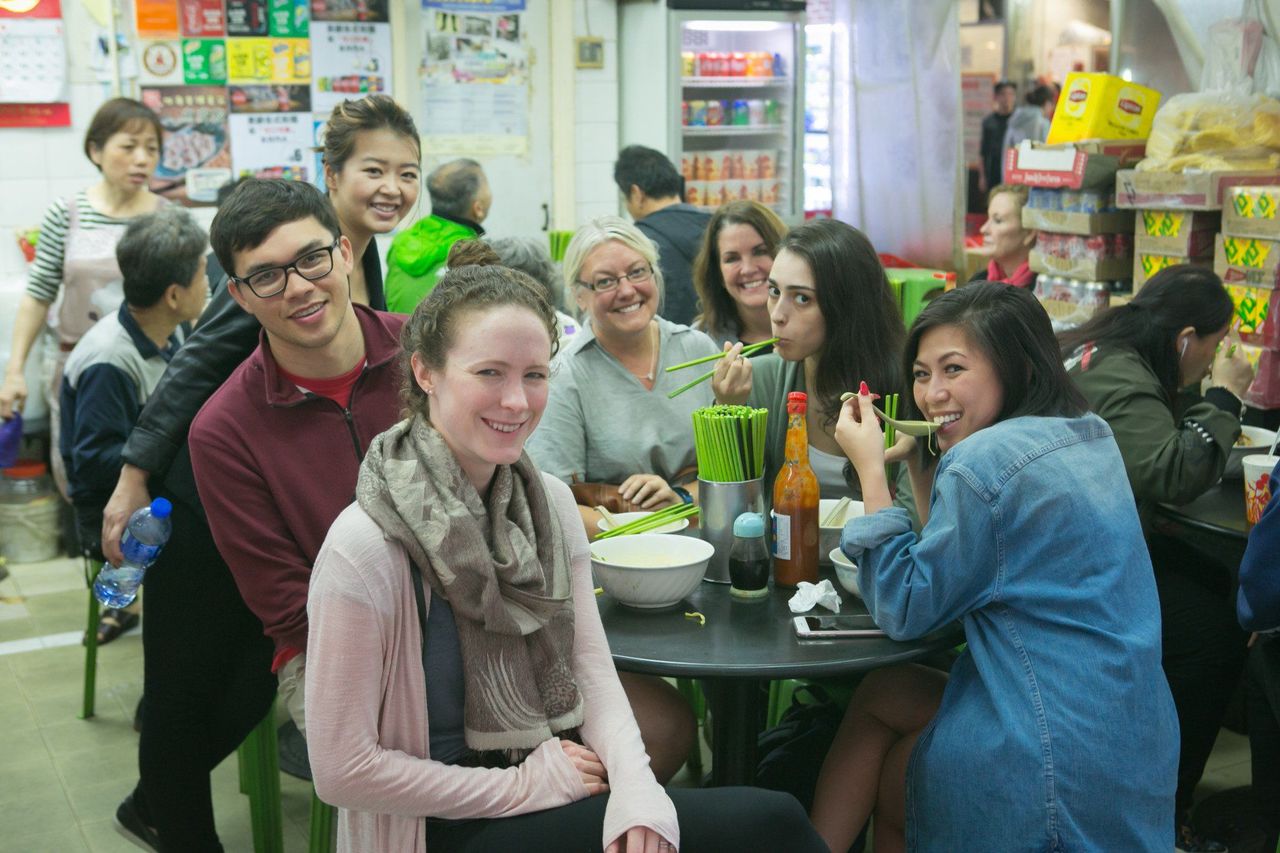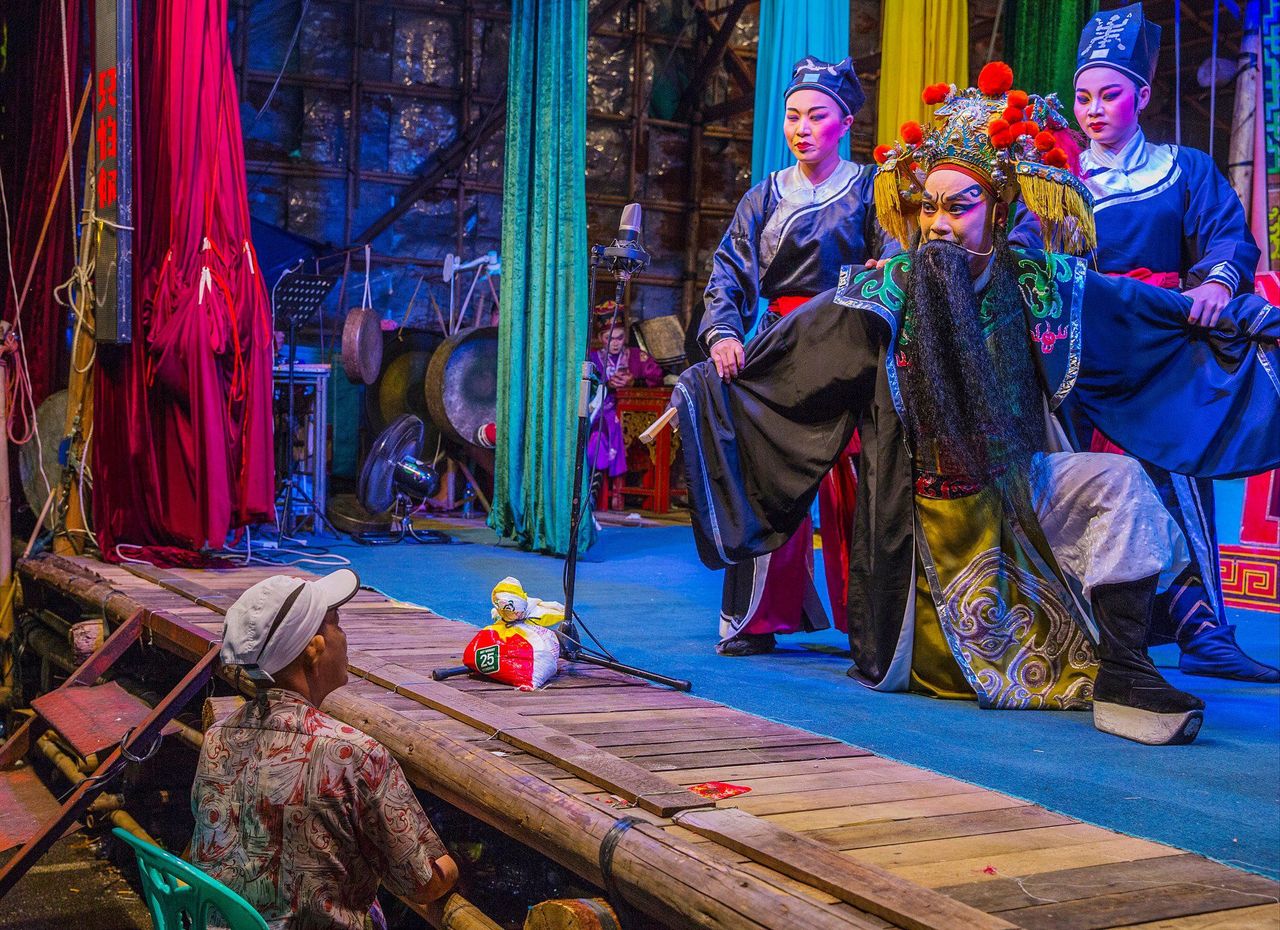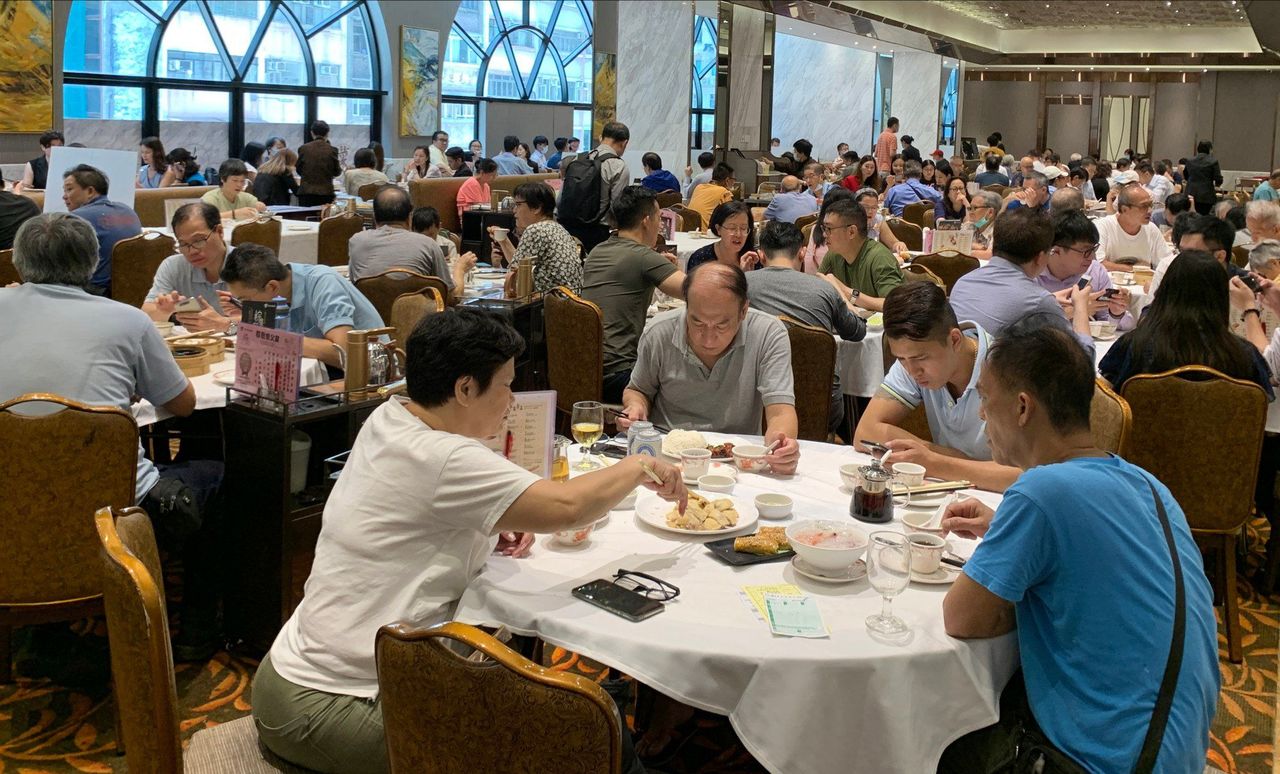Hong Kong News

Why Hong Kong needs a culture tsar – not just a ‘mega’ events committee
In an aim to attract top events back to Hong Kong and reinforce the city’s reputation as an international cultural and tourist hub, the government recently launched its much-anticipated Mega Arts and Cultural Events Committee.
I expect this committee, besides promoting Hong Kong’s general cultural standing, will focus on boosting our cultural diversity, literacy, sensitivity and arts awareness. Perhaps, though, we should be cautious of that word “mega”.
New World Development CEO Adrian Cheng has been appointed committee chairman and I believe the “mega” component of his remit will most likely be to attract international interest, connect Hong Kong to other parts of the world, and bring in major arts and cultural events from around the globe.
Equally important for Cheng, though, will be to carve out a portion of the committee’s annual HK$60 million (US$7.6 million) budget to sponsor some less-than-mega events and cultural exchanges.
 Adrian Cheng, CEO of New World Development and chairman of Hong Kong’s new Mega Arts and Cultural Events Committee.
Adrian Cheng, CEO of New World Development and chairman of Hong Kong’s new Mega Arts and Cultural Events Committee. Cultural exchanges don’t always have to be based on prestige and power, and are not something that can be achieved after a few short sessions. “Culture”, like the air we breathe, can be invisible, and equally hard to capture and articulate.
Full immersion is needed to help people dive into new cultures: living with local families, cooking and sharing meals together, learning from each other’s stories, and through the prism of personal success and failure, all gathered at the community level.
 People take part in a local tour exploring Hong Kong’s food scene, in 2020.
People take part in a local tour exploring Hong Kong’s food scene, in 2020.
Perhaps what Hong Kong needs is a culture tsar? Someone to help identify what is unique about the Hong Kong experience – not only as a contemporary city but also as the place our ancestors came from – and to spread that message to a wider audience through personal tales, exploring the aspirations, quirks and genuine culture of our city and people.
There’s only so much even the most enthusiastic visitor can take in on a short trip. As such, interactions need to be genuine, rather than over-packaged, allowing visitors to get a feel for what is real, and not risk culture overload.
It’s time, also, to give Hong Kong’s many ethnic minority communities a platform to tell their stories, and through these tales more fully explore Hong Kong’s culture and how the city has become what it is today.
 A Chinese opera performance at a makeshift theatre in Wong Tai Sin during the “Hungry Ghost Festival” in Hong Kong.
A Chinese opera performance at a makeshift theatre in Wong Tai Sin during the “Hungry Ghost Festival” in Hong Kong.
A true cultural city needs to have the courage to tell its own authentic stories, not just some cobbled-together and sterile corporate narrative seeking to appeal to mass-tourism demographics. We should set our standards high – let’s aim to attract quality visitors, in both economic and cultural terms.
The personality and history of a city, successfully told, transform it into a desirable cultural hub. They constitute its very fabric and are what attracts people from diverse backgrounds, people who want to become a part of that story, to help the place flourish and – ultimately – to call it home.
Here are some innovative concepts any future “culture tsar” would do well to consider.
First, let’s designate a week every year as Chinese Cultural Week. This could be celebrated in the manner of, say, Halloween. During this week, local residents and visitors would be encouraged to immerse themselves in all things Chinese (and Hong Kong) – from the way they dress and the food they eat, right down to picking up a few Cantonese or other Chinese phrases.
 Diners eat at a traditional restaurant in Wan Chai.
Diners eat at a traditional restaurant in Wan Chai.
As with Halloween, most events and activities would eventually become commercially and privately driven but, initially, the government would need to take the lead in kick-starting this annual festival by sponsoring public events to raise awareness and drum up interest.
Second, we should establish a permanent Chinese dialect museum, a single venue where visitors could explore the history and range of regional Chinese dialects. Here, linguistic games and quizzes, and other interactive exhibits, could boost public interest.
Third, designate a permanent arts town where creators would live, work, exhibit and sell their creations. This zone could become a tourist hotspot, popular with visitors eager to explore exhibitions and enjoy live music shows and other such events.
This arts zone should differ from the existing West Kowloon Cultural District – which is more internationally oriented – by hosting Hong Kong’s artistic community and attracting small-scale galleries and indie festivals. The government could help by focusing its expertise on all things artistic here, at the community level.
Last, what about allowing overseas visitors the ultimate experience of a Chinese/Hong Kong cultural makeover? Such a service could provide opportunities to live like a local, learn the language and customs, and to pick up some cooking tips with a local host family along the way.
I am confident that if Cheng’s committee can organise mega international events, they should have no problem in helping kick-start these more micro, yet just as essential, cultural activities, too.











